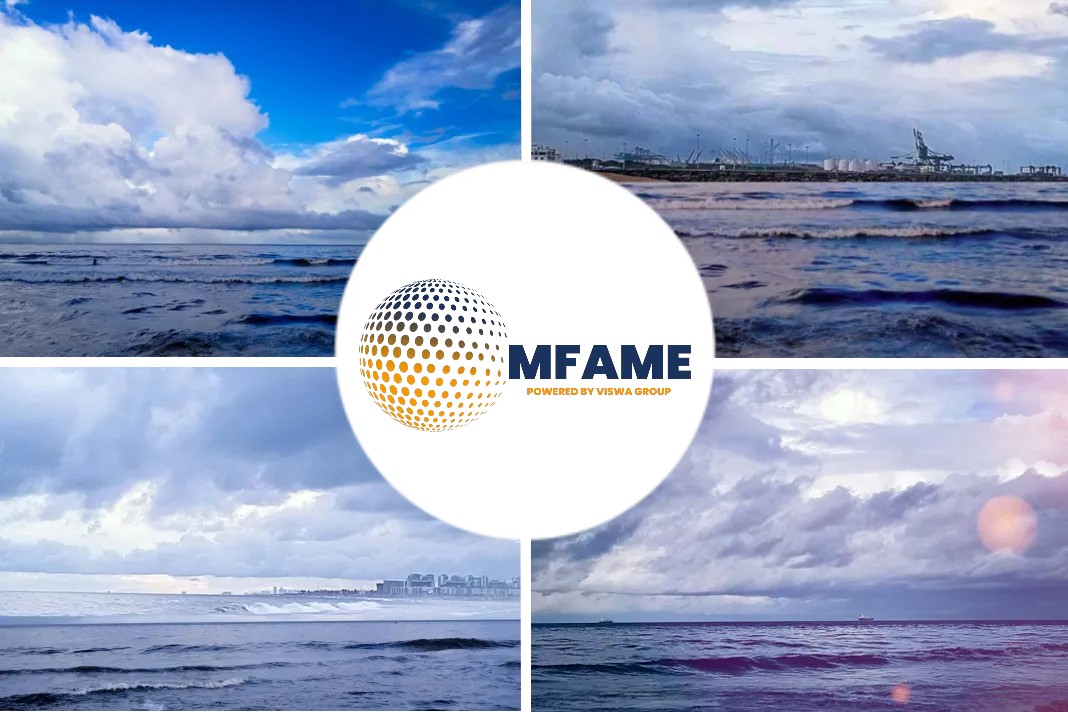 Technology is the driving force of the 21st-century global economy. Every dimension of business and commerce is being digitalized, and revolutionary technologies and the innovations they generate are creating the building blocks for new products and services that will dominate the future says Press Release from Forbes.
Technology is the driving force of the 21st-century global economy. Every dimension of business and commerce is being digitalized, and revolutionary technologies and the innovations they generate are creating the building blocks for new products and services that will dominate the future says Press Release from Forbes.
US And China Mobilise The World
Nations are mobilizing to capture their share as the world’s geopolitical titans — the United States and China — know their power rests with their technological prowess.
Plan To Change Global Rules And Regulations
These countries work to strengthen their technology and innovation capabilities by influencing international economic, scientific, trade, and security institutions and arrangements. In recent years, though, the United States has put shaping the 21st-century economy on the backburner, and China has stepped into the vacuum. China is moving aggressively to assert leadership and shape the direction of global rules and institutions. Just last month, the Director of National Intelligence’s “Annual Threat Assessment of the U.S. Intelligence Community” report warned that China continues to “undercut [the influence] of the United States…and foster new international norms that favor the authoritarian Chinese system,” including new norms for technology.
To Ensure Rules For Governing Technology
Whether it’s our competitors, such as China, or allied counterparts, such as the UK and the European Union, or our Indo-Pacific partners Japan, Australia, and India, the international community is upping its game and diminishing the reach and impact of American innovation, influence, and opportunity. We can’t afford to fall behind. The United States must play a more muscular role in the international arena to defend its global competitiveness. We need to ensure that rules for governing technology and competition, as well as the flows of goods, services, and data in the next economy, are shaped by liberal, democratic, and free-market principles.
China Expands Its Global Influence
Seeking to capture the commanding heights of technology and policy, China is moving quickly to expand its role in multilateral institutions and initiatives. China announced it will set up a United Nations Global Geospatial Knowledge and Innovation Center, as well as the International Research Center of Big Data for Sustainable Development Goals. Four of the 15 U.N. science- and technology-related agencies are now led by China; in contrast, the United States leads one. The United States also had to mobilize key allies to deny China — the world’s top threat to intellectual property (IP) — leadership on the World Intellectual Property Organization, the global guardian of IP.
By increasing China’s profile on international standards bodies, it aims to implement the nation’s China Standards 2035 blueprint and Belt and Road Initiative, with the aim of influencing standards for next-generation technology such as advanced microchips, the internet of things, cloud computing, big data, 5G, intelligent health care, and AI. This includes a new “Digital Silk Road” with the potential not only to promote Chinese high technology, but also its control over the commercial product, service, and data flows.
Did you subscribe to our daily newsletter?
It’s Free! Click here to Subscribe!
Source: Forbes















